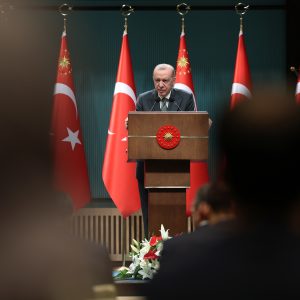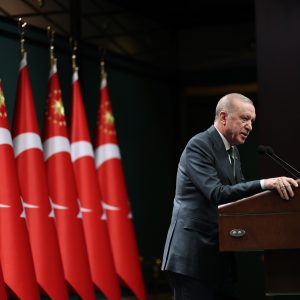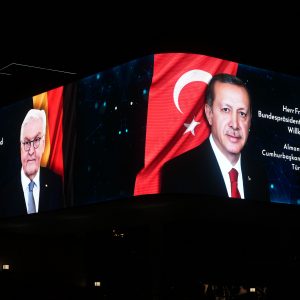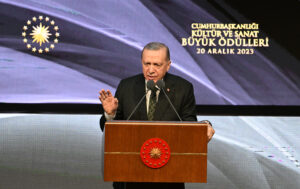Muslim scientist wins 2023 Nobel Prize in Chemistry for innovation of quantum dots
A Muslim scientist who is currently a professor at the Massachusetts Institute of Technology (MIT) has won the coveted 2023 Nobel Prize in Chemistry for his groundbreaking work on quantum dots.
Moungi Gabriel Bawendi, a Tunisian-American scientist, has been at MIT since 1991, where he is associated with the departments of chemistry, electrical engineering and computer science.
Born in Lebanon in 1953, Bawendi began his academic career at the American University of Beirut and earned his doctorate in chemistry from the University of Chicago in 1982.
These extraordinary quantum dots he has developed are critical to a number of technological applications.
Currently, they are a key component in QLED technology, which is used in computer monitors and televisions to provide superior color clarity.
In addition, their application in biological tissue mapping has provided deep insights into human physiology.
These tiny, luminous particles have the potential to revolutionize the industry and offer new opportunities for technological advancement.
Bawendi’s achievement in nanotechnology is shared with fellow award winners Louis Brus and Alexi Ekimov.
Together, their innovations have made quantum dots an essential component of advances in flexible electronics, tiny sensors, solar cells and quantum communications.
Upon receiving the Nobel Prize, Bawendi expressed his gratitude at sharing the award with his mentor, Dr. Brus.









